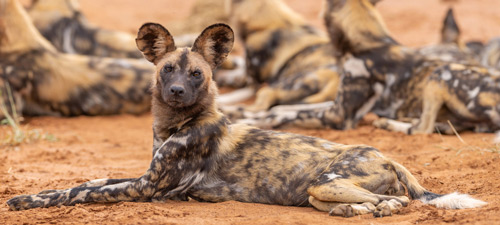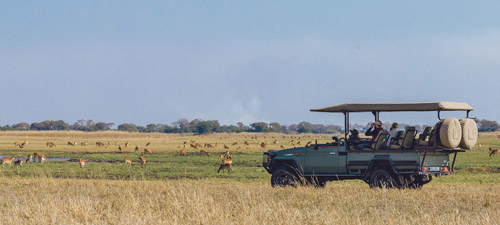Hong Kong has always been regarded as the epicentre of the global wildlife trade. It appears however that this trade is not adequately controlled by authorities and may lead many species to the brink of extinction.
Unfortunately, many news headlines announce illegal elephant ivory and rhino horn trade being processed through Hong Kong’s borders. Many other threatened animals are caught up in this illegal trade as well, from pangolins and turtles, to wrasse and even hippos – hippo teeth contain ivory, and carvings made from the teeth are cheaper than elephant ivory.
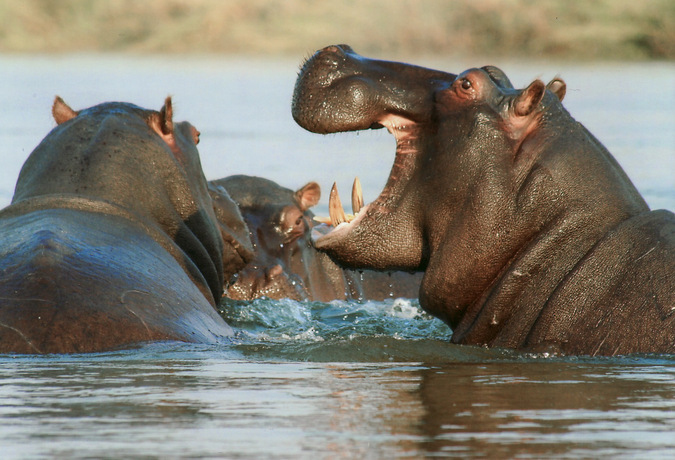
The significant decline in hippo populations in Africa has brought to light the trade in hippo teeth in a recent article published in the African Journal of Ecology by Alexandra Andersson and Luke Gibson from the University of Hong Kong’s School of Biological Sciences.
The findings from the study reveal that CITES trade records show that there are discrepancies in the volume of hippo teeth declared by exporters and importers in Hong Kong. Since 1975, Hong Kong has processed 90% of the 770,000kg of hippo teeth that have been traded internationally.
Two countries in Africa stand out as jointly providing 75% of hippo ivory into Hong Kong: Tanzania and Uganda.
Tanzania joined CITES in 1980, and it is the duty of a CITES party to report accurate trade numbers in threatened species. However, since 1980, an amount of 3,176kg of hippo teeth over the declared export amount from Tanzania has been received by Hong Kong. In addition, Uganda, which joined CITES in 1991, has completed 19 trade transactions with Hong Kong, but according to the trade records, Hong Kong has received less hippo ivory than declared by Uganda.
These figures amount to discrepancies in the volume of trade of over 14,000kg of hippo ivory – about 2,700 individual hippos.
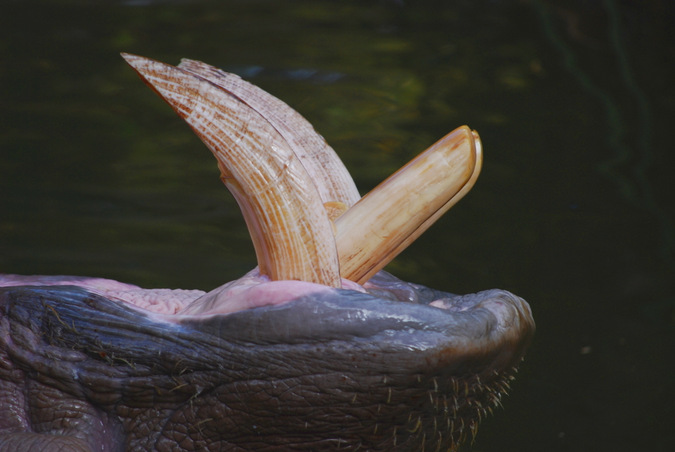
Hippos are listed as Vulnerable by the IUCN, and they predict that over the next 30 years the population will decrease by 30%. Over-exploitation and the illegal trade of hippo teeth are some of the reasons for the decline in population, along with habitat loss and climate change. The IUCN also says that with the rate at which population decline is going, hippos could be extinct within the next 100 years.
To prevent further mismanagement of threatened species, the study looks to the authorities, urging them to increase their efforts in checking trade numbers on imports and exports, and working together to report any discrepancies and signs of illegal trade.
If nothing is done, and this sort of mismanagement continues, then hippos and many other species are ultimately headed for extinction sooner than we think.
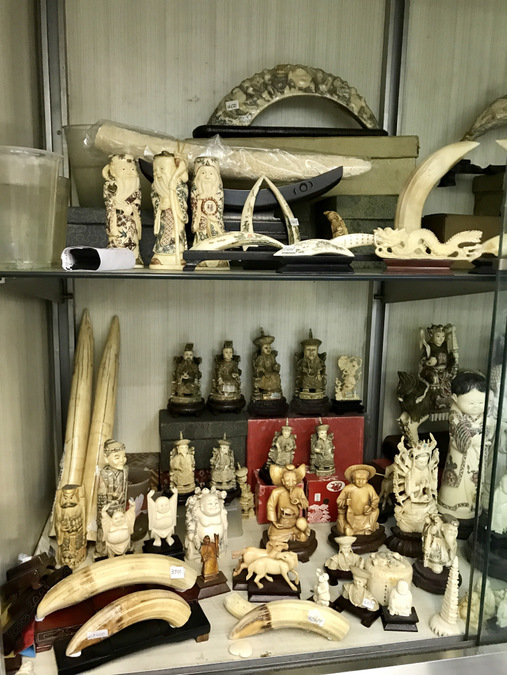
The full report: University of Hong Kong, Alexandra Andersson: “Hong Kong’s rampant consumption of hippo teeth combined with incomplete trade records imperil threatened hippo populations in Africa“
To comment on this story: Login (or sign up) to our app here - it's a troll-free safe place 🙂.![]()



